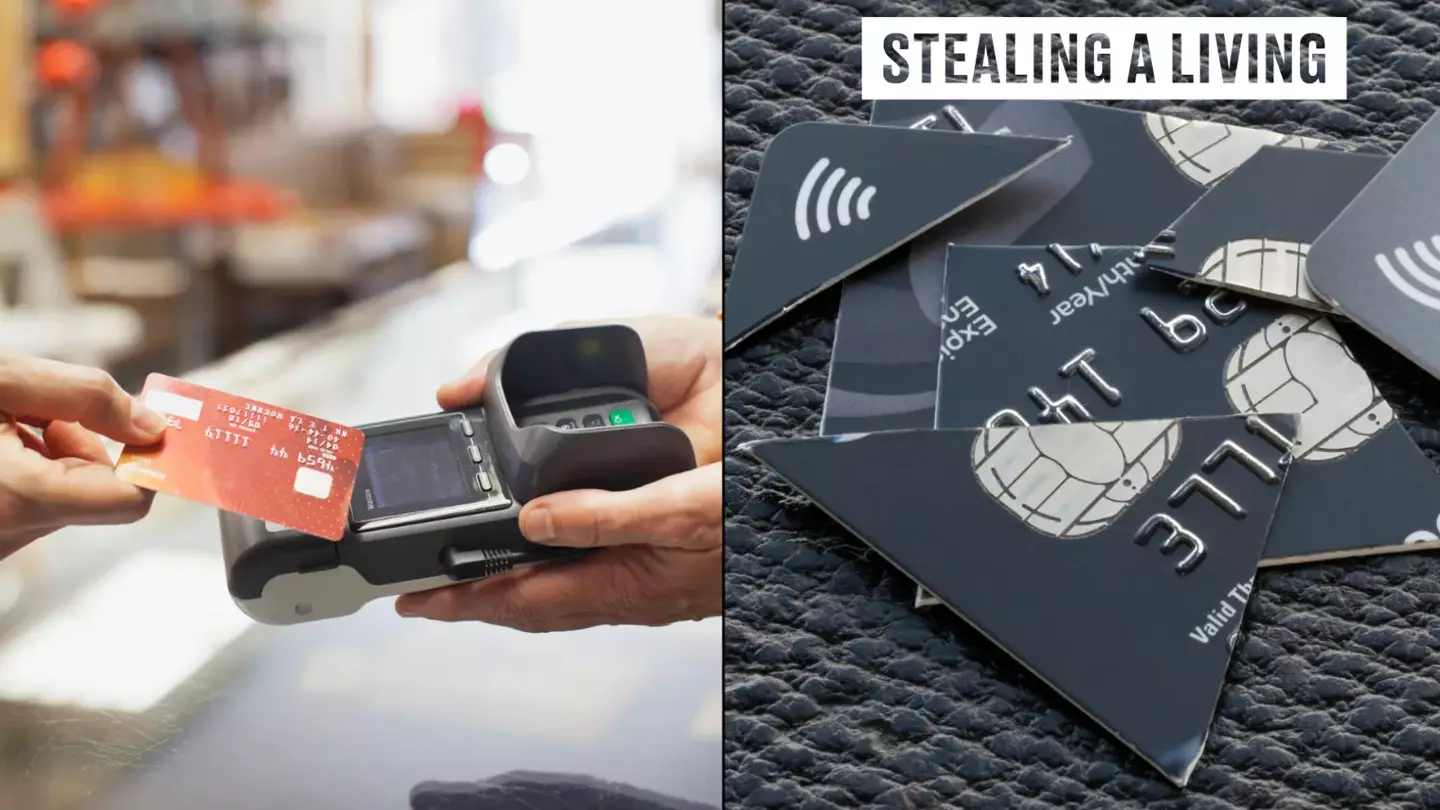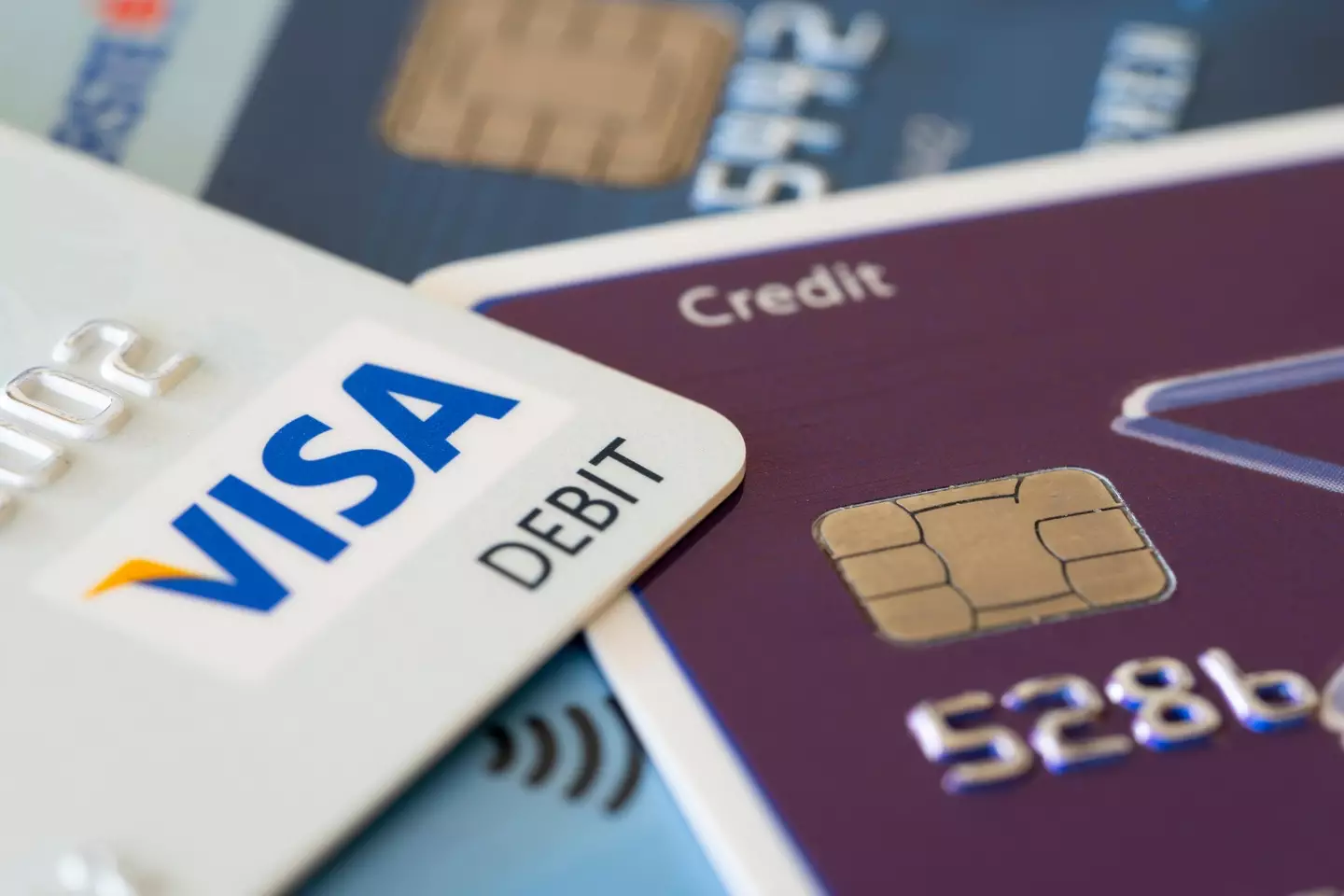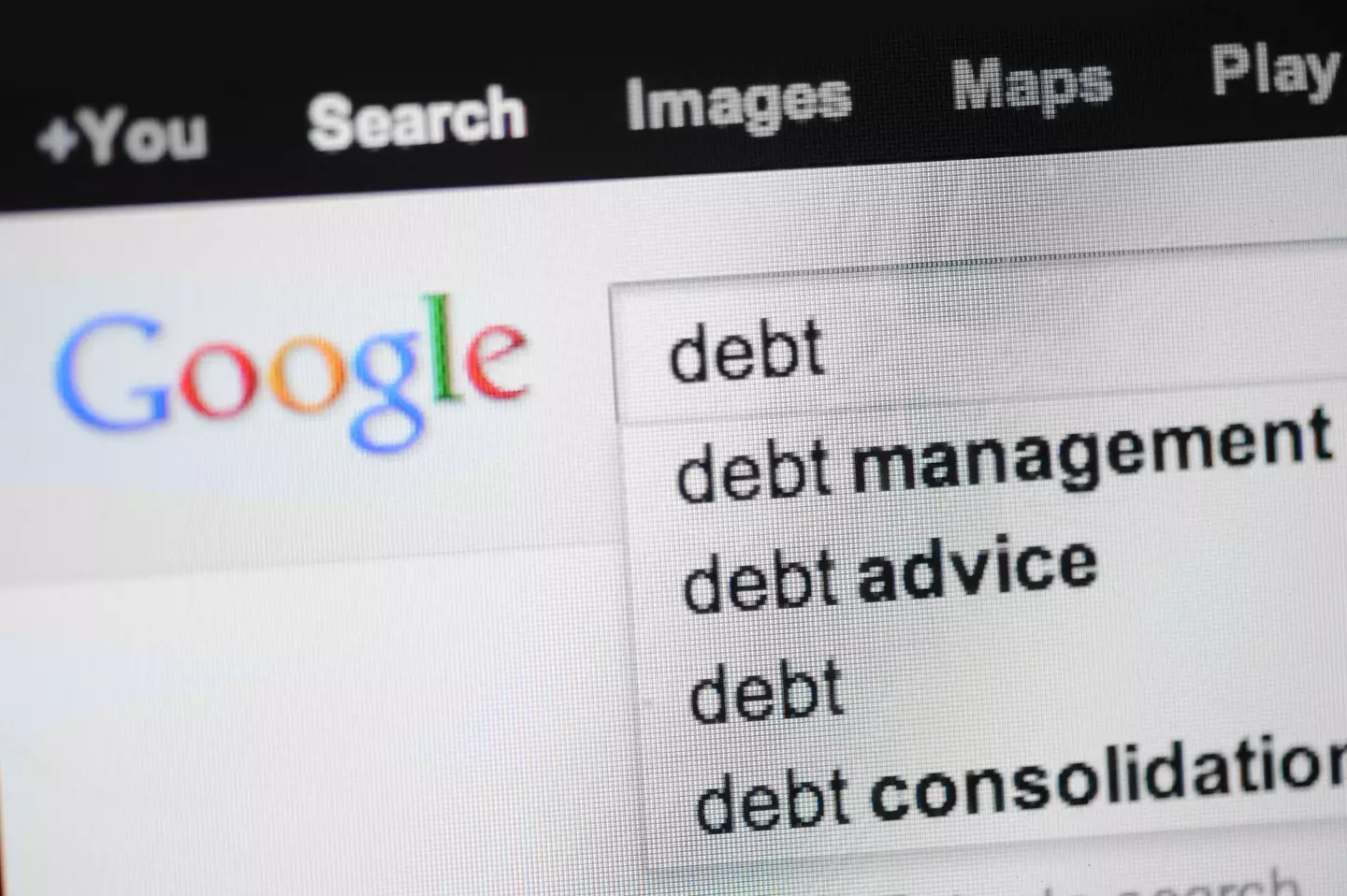
Amid rising bills and a cost of living boom, pensioner Audrey found herself without money to buy food.
She works a few hours a week to top up her pension, but it didn't leave anything for groceries - so she turned to Buy Now Pay Later (BNPL) to borrow £40.
She struggled to repay what she owed - but alongside the pressure to pay up for face more charges, Audrey has also been bombarded with messages from the company offering her higher amounts.
“It was either use BNPL or starve, so I used it," she said. "I sort of knew I would struggle to make the repayments but I did not have any other way of getting food. I bought canned food as they are non-perishable and would last me longer.
Advert
“I have been struggling to repay the money. They constantly harass me, calling me for payments. It's really stressful as if I could afford to pay it back straight away, I would.
“This company also sends me texts and emails offering £100 credit and even £500. It makes no sense as I can't even manage to repay £40, how would I repay £100 or even £500?”
Brits are teetering on the edge of a debt crisis with one in five admitting that they will need to borrow money or use credit to help cover the cost of essentials.
In January this year, Brits owed £1,767.1 billion in both secured and unsecured debts – up by a staggering £62.2 billion on the previous January.
Credit card debt hit a record high in February this year – figures from the Bank of England revealed that credit card borrowing jumped by £1.5bn to £59.5bn – the highest since 1993 when records began.
While a recent report from the Money Advice Trust found that a quarter of adults had had to use credit to cover the cost of bills or food in the first three months of 2022 and one in five said they expect they will need to use credit to cover the cost of essentials in the next three months.

Earlier this year the Citizens Advice Bureau issued a warning about the number of people turning to unregulated Buy Now Pay Later (BNPL) loans.
The charity found that between October 2021 and March 2022, one in 12 people used BNPL to cover basic costs such as food and toiletries.
CAB is calling on urgent regulation for the service, to ensure the financial safety of those who use it.
Dame Clare Moriarty, Chief Executive of Citizens Advice, said: “The fact that people are turning to Buy Now Pay Later for their groceries really hammers home the urgent need for industry regulation.
“As living costs spiral, we fear more people in desperate situations will see this unregulated form of credit as the answer.
“The Government must keep pace with these firms and ensure consumers are protected.”
Jane Tully, director of external affairs and partnerships, at the Money Advice Trust, the charity that runs National Debtline and Business Debtline, told LADbible the helpline had received more calls than last year and that she ‘expects this trend to continue’ over the coming months due to greater pressure on already stretched budgets.
Tully told LADbible: "Over the last few years, the average amounts owed by people contacting us for debts including energy, council tax and rent arrears has increased.
“We have also seen a change in the types of debts people are contacting us about. Energy arrears is now the most common type of debt we hear about. In the first three months of this year, one in three callers (32 percent) had energy debt, up from 22 percent in the same period in 2021.”
She went on: “Many people are already struggling to make ends meet, and with energy, food and fuel prices continuing to rise, the situation is set to get worse for many more. Our concern is that as pressure on household budgets builds, millions will be pushed into financial difficulty.

“Using credit to cover essential costs, like bills, because you don’t have enough money coming in, is a really difficult situation. For example, if your income doesn’t increase, the following month you still have to pay the bill, plus the repayment on the credit and any interest due.
“Debt can build up quickly and significantly impact both your financial and mental wellbeing."
The Money Advice Trust found that certain groups are more at risk of falling into debt, including those aged 18 to 34; people from an ethnic minority; and those on benefits.
And it’s not as though those who are being pushed into debt are unaware of what faces them – 15 percent said they think they will need to seek out advice about debt issues as a result of the rising cost of living – but for many with prices rising fast, there’s little choice.
Tully added: “A significant proportion of callers to National Debtline do not have enough coming in to cover household bills and we are already hearing from people having to make impossible choices trying to meet basic needs, including rationing food and heating.”
While there’s little any of us can do about the cost of living crisis, if you are struggling with your finances, help is available – you can get in touch with the National Debtline here or on the phone; or contact the Citizens Advice Bureau here.